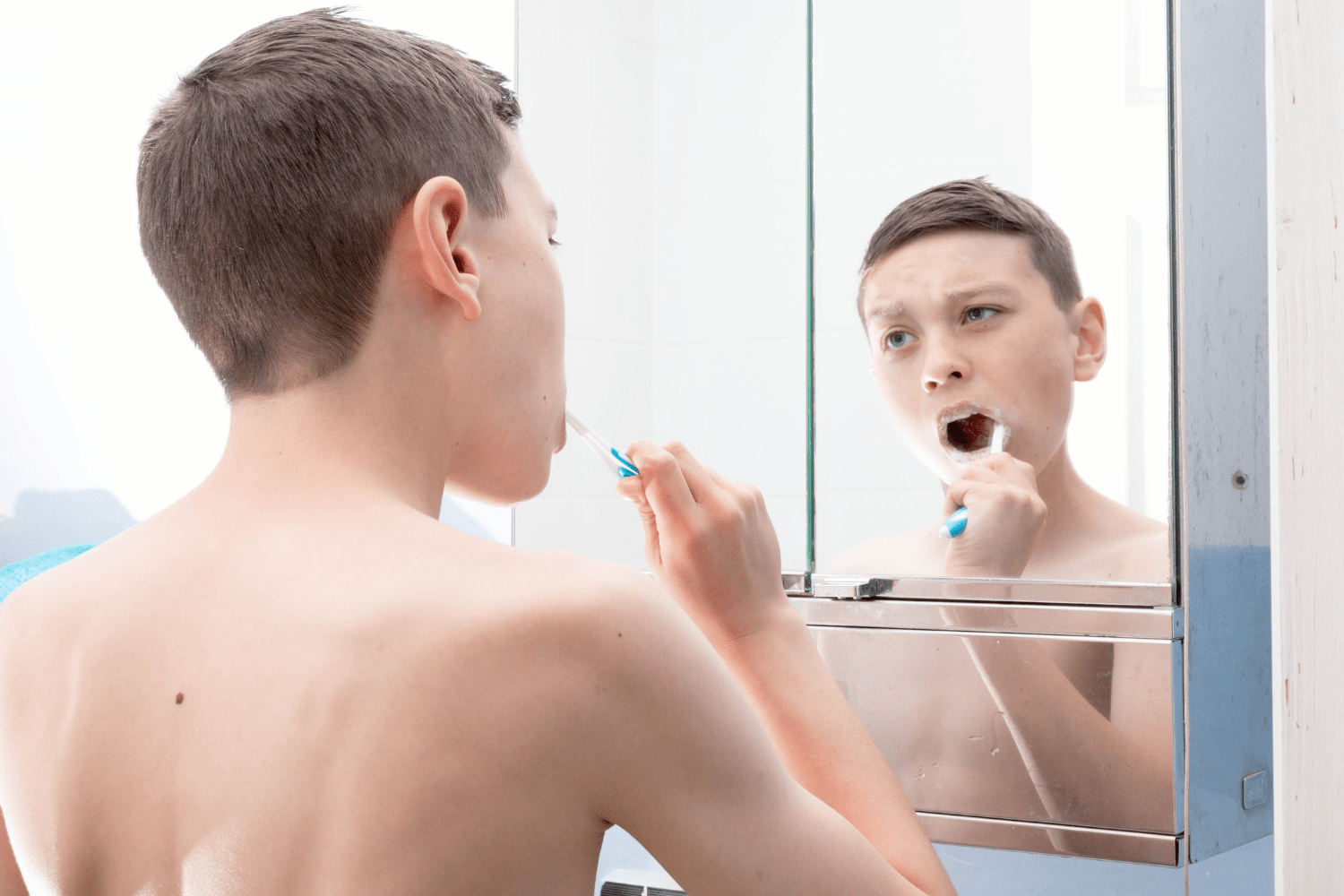Spotting the signs of puberty

Puberty is a completely normal stage of growing up. It usually takes place between the ages of 8 and 16 years old, but every child will develop at a different stage.
Within this time frame there is no ‘right or wrong’ time to start puberty, and your child might grow at a different rate to their friends and peers. It is worth explaining to your child that these changes are normal and a big part of growing up.
Here is an article written for children about the changes they may start to experience.
Signs that both boys and girls will experience in puberty
- Growing taller.
- Growing hair in new places such as under armpits and in the genital area.
- Sweating: your child may wish to start using deodorant on a daily basis when this occurs.
- Greasier hair and skin; your child may have to wash their hair more often. They might begin to develop spots, so keeping their face clean and avoiding the temptation to touch or squeeze spots will help with this. There are also over the counter products available from chemists to help manage skin problems and breakouts. If skin problems become more serious and difficult to manage, you can speak to a GP who may prescribe stronger medication.
- An interest in exploring relationships.
- Changes in mood: your child could be happy one minute and seem ‘grumpy’ or sad the next, this is quite normal and caused by changing hormones.
Signs that only girls will experience
For girls, hormones in the brain tell the ovaries to start producing oestrogen.
- Breasts grow, they may grow unevenly which is normal.
- Hips widen.
- Vaginal discharge can form; this is normal but if it is accompanied by irritation, itching or odour it may be a sign of an infection. In this case, speak to a GP.
- Periods (menstruation) can happen as early as 8 or as late as 16; most girls tend to start at around 12 or 13 years old. If your child has not had their first period by 16, consult a GP. Knowing when your child’s first period will arrive can be tricky to predict, but if they are beginning to experience other signs of puberty then it is a good idea to chat to them about menstruation. It might also be worth carrying sanitary pads or tampons at this stage, just in case.
- Period pains such as stomach cramps can vary from month to month and are completely normal; your child shouldn’t need to take any time off school. The pain can be treated by gentle exercise, a warm bath/shower or using a hot water bottle. If the pain is intense and your child needs to take time off school, book an appointment with a GP.
Signs that only boys will experience
In boys, hormones in the brain tell the testicles to produce testosterone.
- Shoulders will grow wider and muscle mass will increase as the body grows.
- The voice will change and become deeper, often referred to as the voice ‘breaking’. Whilst going through changes in voice, it is normal for the voice to change in pitch whilst talking – often varying between a deep and high pitch in the same sentence.
- ‘Wet dreams’ might occur; this is when the penis ejaculates semen during sleep.
Delayed and Early Puberty
If your child has shown no signs of starting puberty by 14 years old, or has started puberty before 8 years old, speak to a GP. This could be a sign of an underlying condition.
Early puberty is more common in girls and often has no obvious cause. In boys, early puberty is more likely to be a symptom of an underlying condition.
Causes of delayed puberty can vary, but it is more common in boys.
In either case, it is best to speak to a doctor who can run some tests and suggest the right treatment if necessary.

